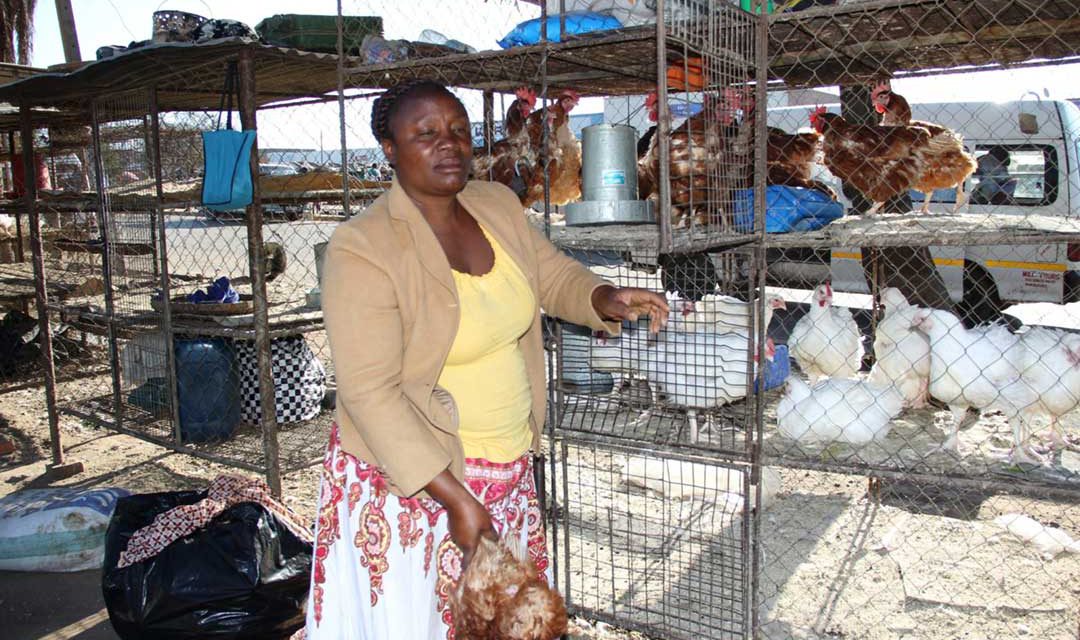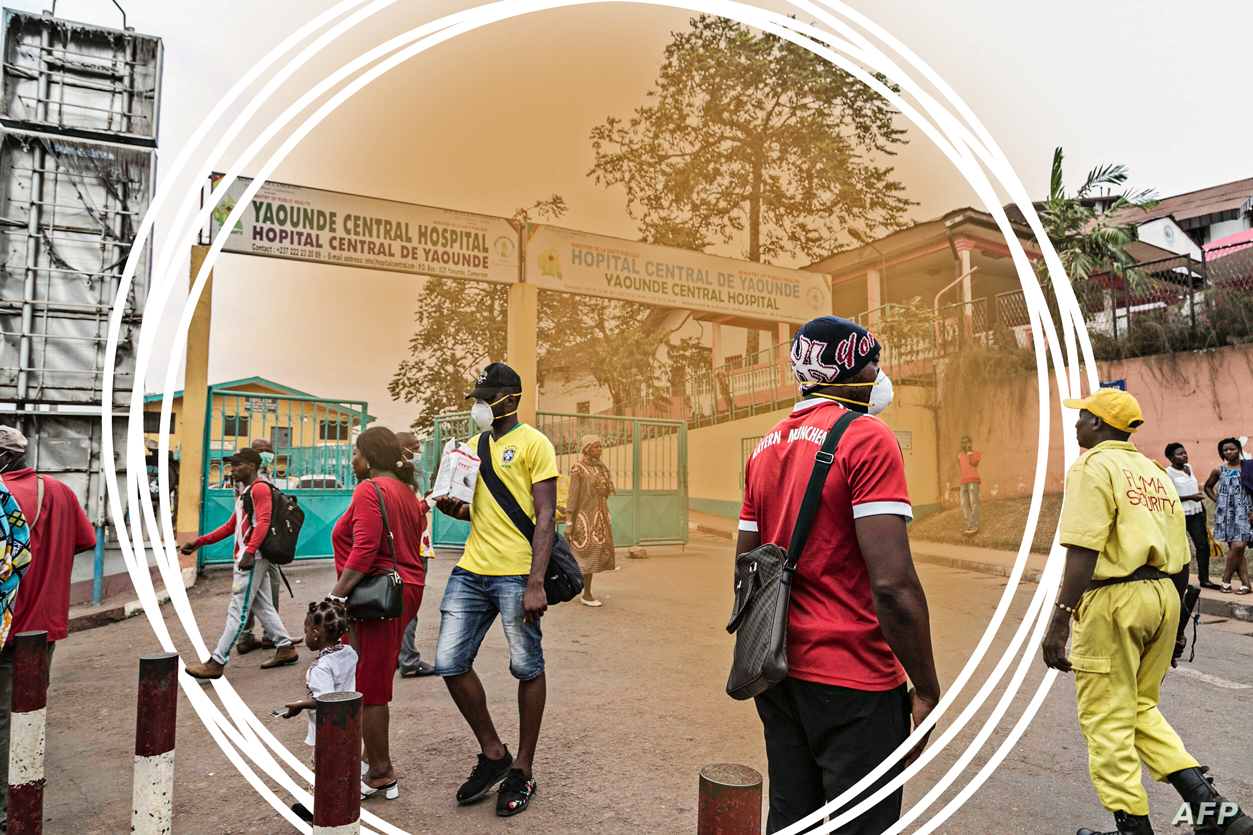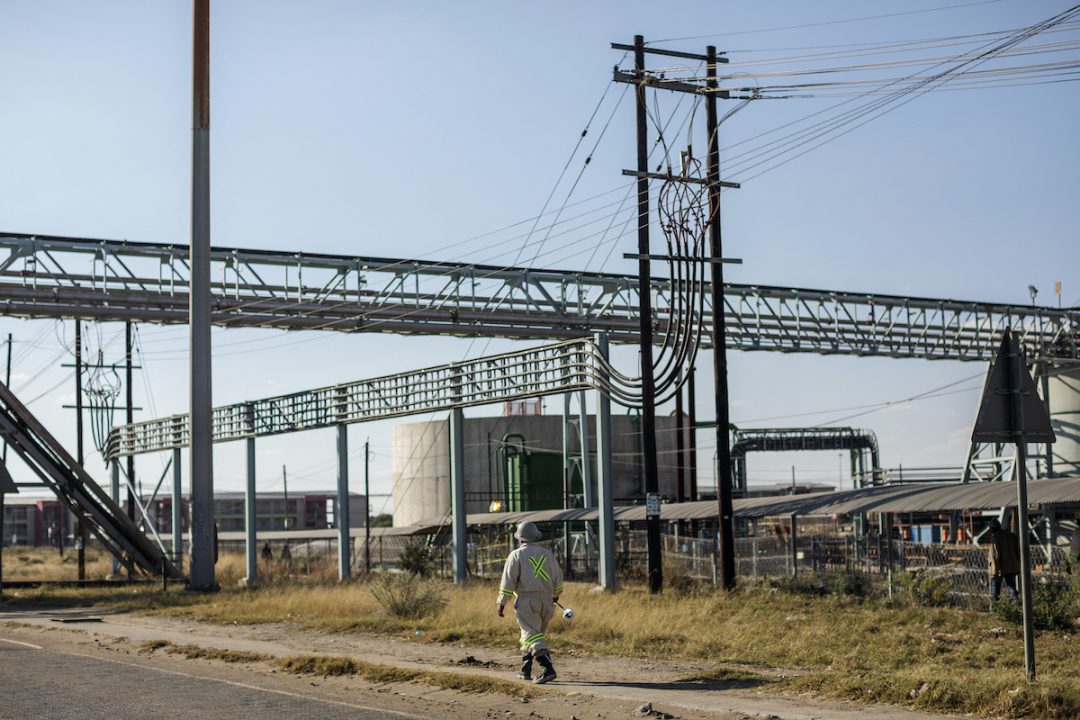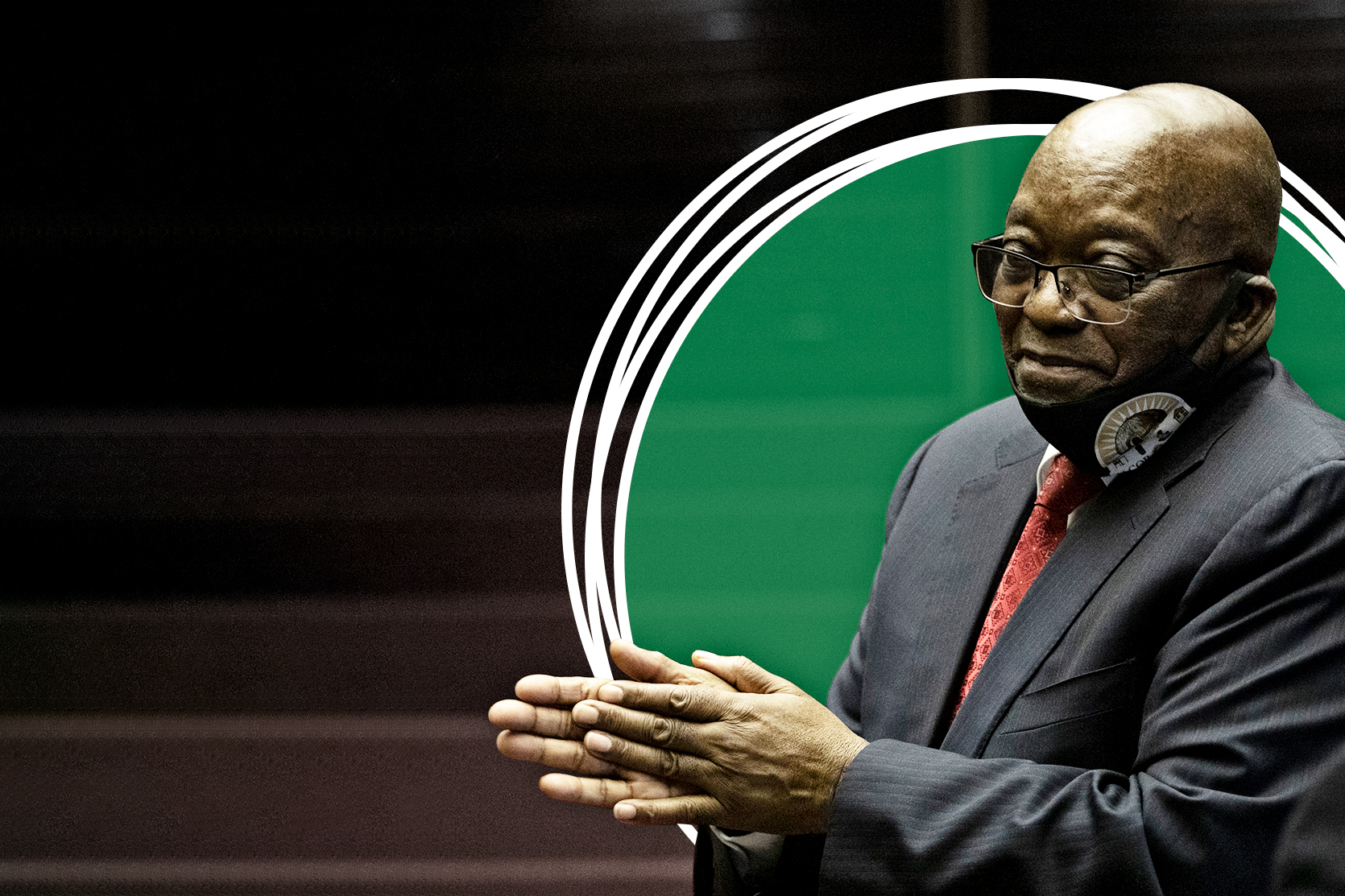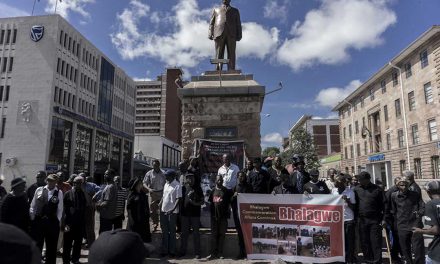Inclusive state-society and economic relations in Zimbabwe will mean the creation of an inclusive growth model to address poverty and inequality
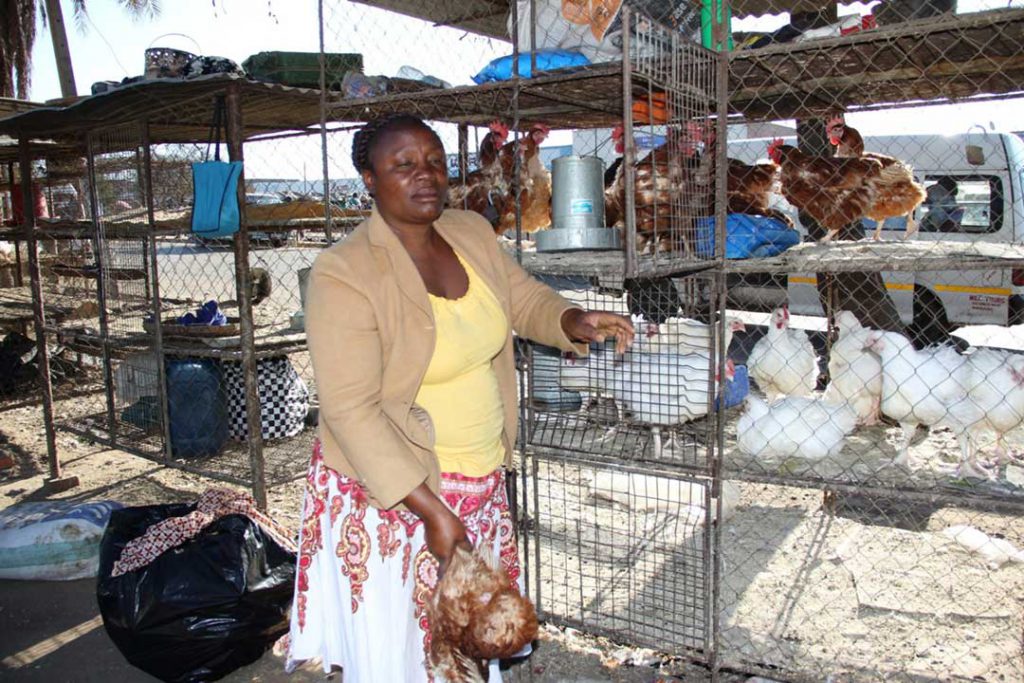
Emily Chikide, chicken vendor PHOTO Sadat Sanhehwe
Since November 2017’s “military assisted transition” (read coup), Zimbabwe’s political elites have sought to shift from the radical nationalist and redistributive policies of the Mugabe years. President Emmerson Mnangagwa has outlined a new economic thrust that seeks to end Zimbabwe’s decades of isolation and integrate it within the community of nations, hence the mantra “Zimbabwe is open for business”. This supposed shift raises important questions, especially on what policy paradigms, institutional reforms and state structures Zimbabweans can adopt and use to make progress away from a political economy of cyclical crises.
Central to this is the envisaged role of the government (state apparatus), secondly, the role of the market and investment and, thirdly, how this functions in relation to the citizen. The interest of this article is to give some pointers on possible lessons for Zimbabwe’s attempt to move out of crisis. The article draws lessons from how other countries that went through similar or related crises (post-war Germany, post-genocide Rwanda, China and South East Asia) managed to put their economies on a trajectory of industrial development and stable social relations and to engage effectively with global opportunities that have emerged in the post-cold war international political economy. To achieve this aim, the article points to the discourse of “economic constitutionalism” which was developed as a paradigm that balanced economic rights and development and social questions of integration, inclusion and stability.
In the post-colonial context, African countries have struggled to develop a sustainable economic and social transformation trajectory that ensures inclusive growth, job creation and, importantly, eradicate poverty. Generally, economic and social policy paradigms have vacillated from one form of statism, some vague forms of “socialism” and, in some cases, free markets under structural adjustment (SAPs).
In Zimbabwe, particularly after 2000, the political class zig-zagged through a regime of policies, that of a political economy of cyclical crises, resulting in a lack of capital investment projects, high unemployment (estimated at over 80%), eroded confidence in the fiscal and monetary policy regimes (read economy) and severe social strife. This crisis has revolved around five major areas. To highlight the level of profligacy on government spending, which is almost like “drunken sailors”, Professor Ashok Chakravati, a leading economist and advisor to government, (in New Zimbabwe, 2018) quotes the IMF that 40% of Zimbabwe’s salary budget, standing at 90% of GDP, goes to allowances for top administration executives.
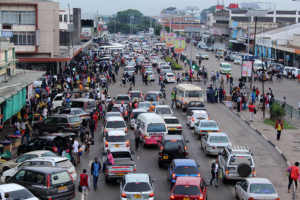
Downtown Harare. PHOTO Sadat Sanhehwe
Firstly, state-society relations have been characterised by nationalist authoritarianism, meaning the state has used public power as a coercive mode of ensuring political survival, generating political polarity in the process. Secondly, state-market relations have been dominated by an interventionist, redistributive state and, in certain cases, pursuit of expropriation measures, and the effect has been that local and international capital has become very timid and unwilling to take any risks. Thirdly, as a consequence of this, the political-juridical regime has been unstable and very uncertain, especially in relation to property rights, with the effect that major sources of foreign direct investment (FDI) have passed opportunities in Zimbabwe. Fourthly, these factors above have flowed into an almost collapsed public financial- management system characterised by spiralling sovereign debt, unheard of levels of inflation, the introduction of a multi-currency system and a dysfunctional public budgeting system with estimates of a $9 billion debt.
Fifth and lastly, a complex combination of these factors has led to international disengagement that has attracted a specific type of extractive capital that has failed to structurally transform the economy. Therefore, this extractive capital has only succeeded in fattening the pockets of the elites, failing to stimulate national aggregate demand and create opportunities for citizens. Every international rating index on Zimbabwe paints a sorry state of affairs, as shown in the table below.
Africa, and Zimbabwe in particular, can look elsewhere to learn new things and unlearn old ways of doing things. As highlighted above, the structural impediments that have restrained possibilities of sustained economic growth can be approached from a paradigm that has transformed economies elsewhere, especially in post-war Germany, post-Mao China and also South East Asia. In Africa, the way in which the political class in Rwanda is approaching the establishment of a stable policy regime deserves attention, especially in relation to economic policy stability balanced with social inclusion. However, the Rwandan story has its other side: the limitations on political and civil rights as seen in the case of Diane Rwigara, who spent more than a year in prison on baseless accusations simply for daring to challenge Paul Kagame (a discussion for another day). Critical to African economies is how to insulate citizens against the political discretion of public policy and market excesses but at the same time structure an economy that leads to inclusive growth within the context of globalisation. Gerber (2001:21) observed the urgency and asserted that “in a world in which globalisation is an increasingly powerful force” then “the need for guidance in structuring the relationship between governments and markets may be more important than ever before”. The outlines of economic constitutionalism are as follows:
The purpose of economic constitutionalism is to determine the due process of government economic actions. Economic constitutionalism can provide a set of constitutional economic commands for the social economic actions. It is a path that allows the state to intervene in the economy. Under the structure of economic constitutionalism, liberty and intervention can be balanced. Only the intervention defined and established by an economic democratic mechanism can avoid economic autocracy. The share of economic powers by both the state and the social members can safeguard the social and democratic nature of intervention (Feiuye, 2006:1).
The outlines of economic constitutionalism are relevant, especially for countries like Zimbabwe attempting to emerge out of a crisis steeped in failed nationalism and anti-developmental accumulation modes. The question is: what can Zimbabwe learn from these post-war/crisis countries, given its attempts to “rise from the rubble” (Sachikonye and Raftopoulos, 2018)? Simply put, especially considering the post-war German political economy of hyperinflation, within which “economic constitutionalism” emerged, the defining characteristic is economic order and predictability to markets through an attempt to limit political discretion in public policy and hedging against the excesses of the market, therefore achieving the goals of social stability and inclusion.
This article has highlighted the structural impediments that have trapped Zimbabwe’s political economy in a cyclical crisis. Secondly, it highlighted how other underdeveloped countries extricated themselves and, thirdly, it introduced the concept of “economic constitutionalism” and how it can be a way of re-establishing a stable policy paradigm. Within that context, it becomes important to highlight and outline some structural reforms that can remove the barriers. Firstly, it is important to point out that the Constitution of 2013 introduced critical frameworks, especially in balancing between individual and property rights, social stability and inclusion, and put in place institutions (like Chapter 12 Commissions) to put democratic checks and transparency on the way the political class governs. Secondly, the government has set a tone of “open for business”, “austerity”, and re-engagement and achieving middle-income status by 2030, meaning a departure from the past practice of “casino economics”.
Gleaning from the concept of economic constitutionalism, the article ends by pointing out five areas. Firstly, public power, especially executive power, must be anchored-in, functional and be disciplined by the juridical-political framework set by the Constitution of 2013. Secondly, institutions established by the Constitution, especially the fiscal, monetary and parliamentary institutions, must be functional. Thirdly, state-society relations must move away from coercion towards ongoing social dialogue, inclusion and integration. Fourthly, state-market relations have to be governed by stable, predictable and well-defined paradigms. Fifth, there is a need to restore property rights and ensure the rule of law. In essence, addressing the above five factors has a twofold factor for Zimbabwe’s political economy.
First, it means a break with the past and an end to authoritarian economic nationalism. This will insulate the market from the political discretion of public policy, a problematique that has stifled the efficiency of the market. In addition, this means strengthening the other institutions of government – most importantly, the Parliamentary Portfolio Committee on Public Finance and Budgeting, the Auditor General’s Office, the Public Financial Management Act, the State Procurement Board, and the Competitions and Tariffs Commission and the Independent Commissions – that play an oversight role to executive actions. Secondly, the identified five factors help to build an economic constitutional order that will hedge the economy from uncompetitive market forces. This means an end to the era of extractive and speculative capital and a move towards striking deals with stable capital that can structurally transform the economy and improve the country’s aggregate demand. In addition, the pursuit of inclusive state-society and economic relations will mean the creation of an inclusive growth model with active market citizens, hence addressing questions of poverty and inequality.

